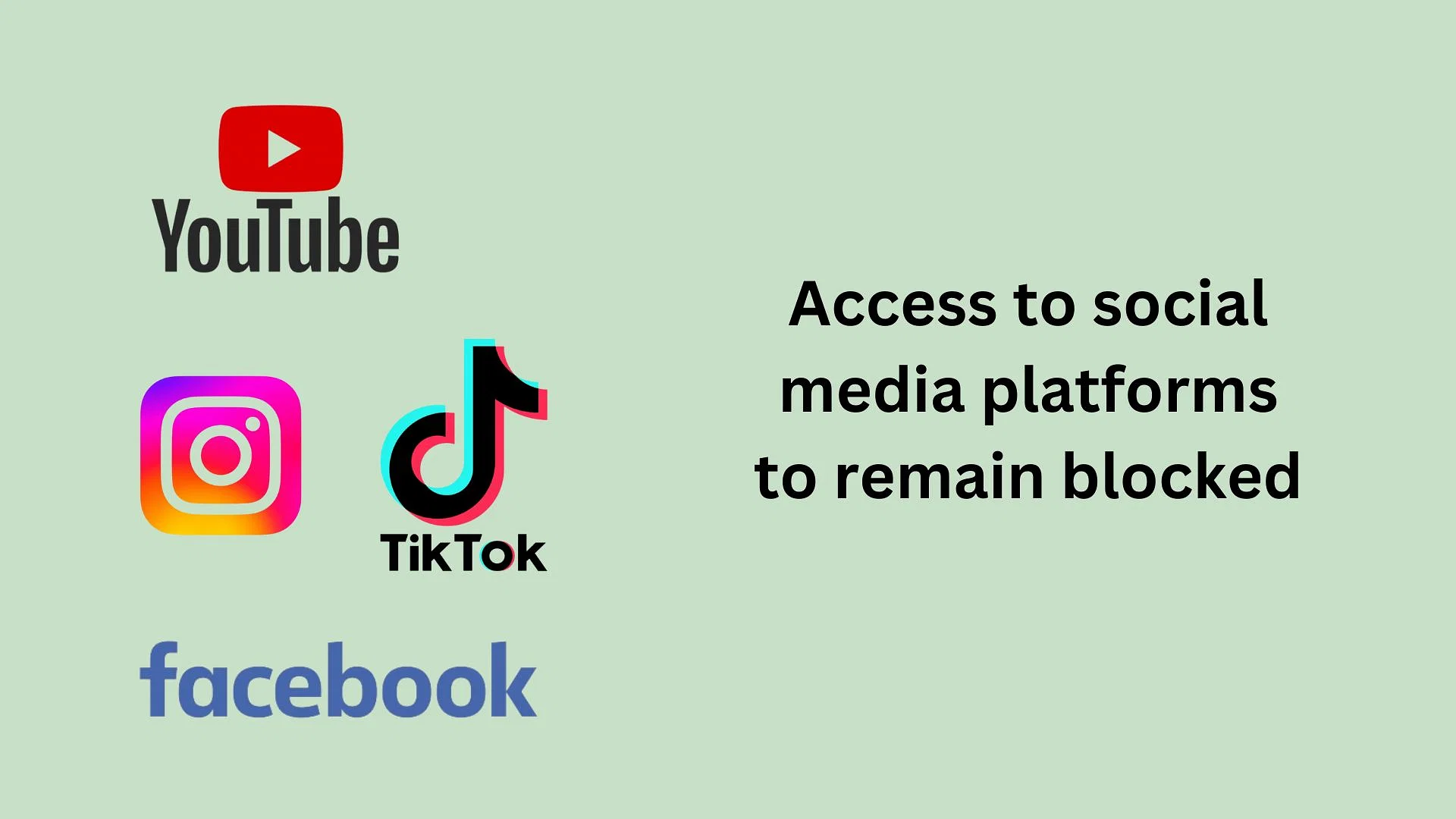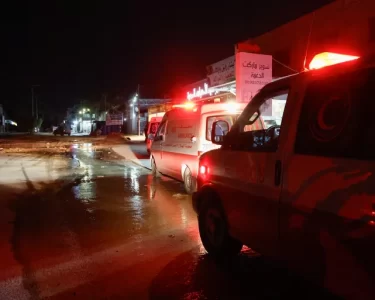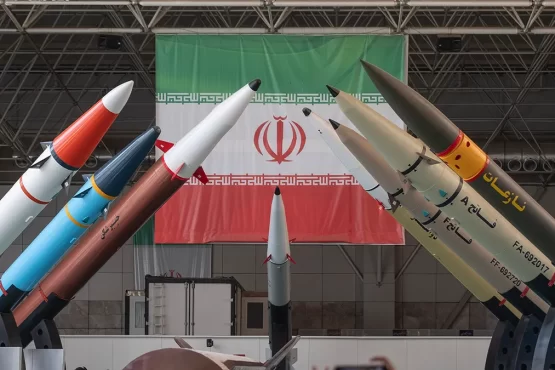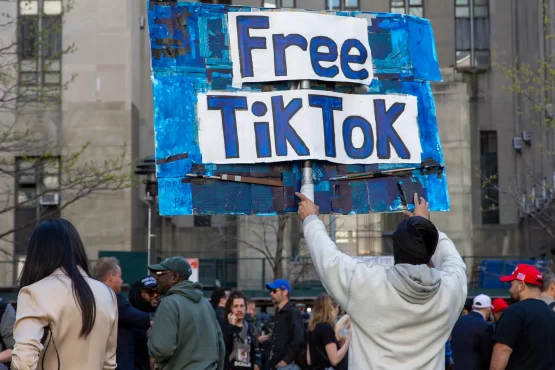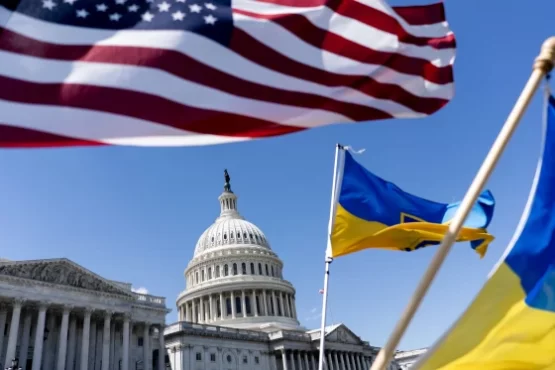The government of Bangladesh imposed a comprehensive nationwide ban on several leading social media and communication platforms, impacting millions of users across the country. This move has effectively curtailed access to popular platforms like WhatsApp, Instagram, YouTube, and several others, as authorities aim to manage unrest related to ongoing student demonstrations.
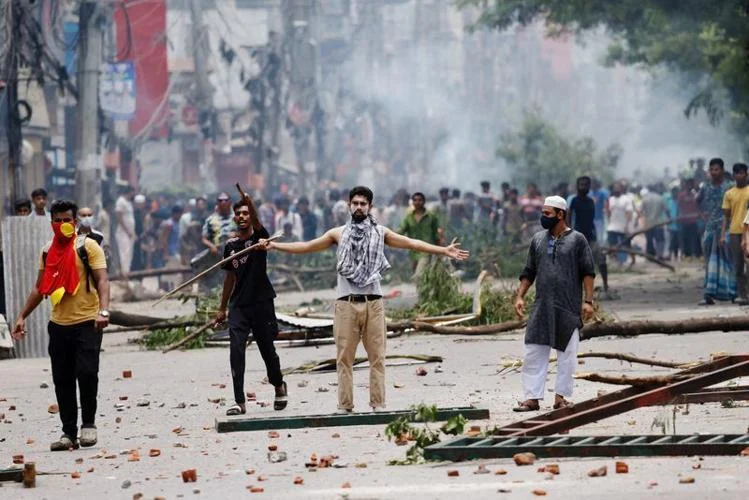
The ban primarily targets social networking services such as Meta-owned Instagram and TikTok, along with Alphabet’s YouTube. By restricting access to these widely-used applications, the government aims to address the growing tensions and maintain public order. The decision comes in the wake of protests and unrest that have raised concerns about stability and safety within the nation.
In addition to these platforms, access to Facebook has been specifically restricted on mobile networks, further tightening the digital space for communication and information sharing. Russian messaging platform Telegram has also been blocked on mobile connections, as reported by Daily Bangladesh. This series of actions marks a significant escalation from the previous shutdown of Meta’s platforms, including Facebook, Messenger, WhatsApp, and Instagram, which lasted from July 17 to July 31. The earlier measures were implemented as a response to unrest related to protests against quota reforms.
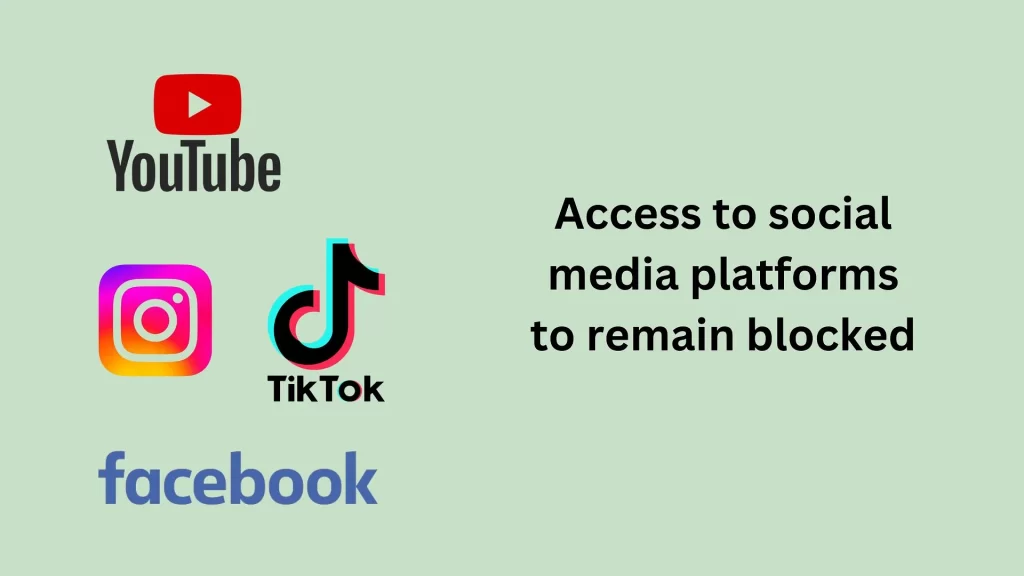
Sources indicate that access to Meta’s platforms via mobile networks was cut off around 12:15 PM on Friday. The current restrictions appear to be confined to mobile data connections, suggesting a more targeted approach compared to the earlier comprehensive shutdown. Despite these restrictions, the country’s Internet speed had reportedly returned to normal levels by Thursday night.
With over 120 million mobile network users in Bangladesh, the restriction is likely to drive increased use of VPNs, potentially affecting overall Internet speeds and user experience. The ban highlights the significant role that digital communication plays in modern society, especially in densely populated regions where mobile connectivity is a primary means of accessing information and staying connected.
As Bangladesh navigates this period of unrest and digital restriction, the focus remains on balancing public safety with the need for open communication. The situation continues to evolve, and the global community watches closely as the country addresses these complex challenges.
The Associated Press

